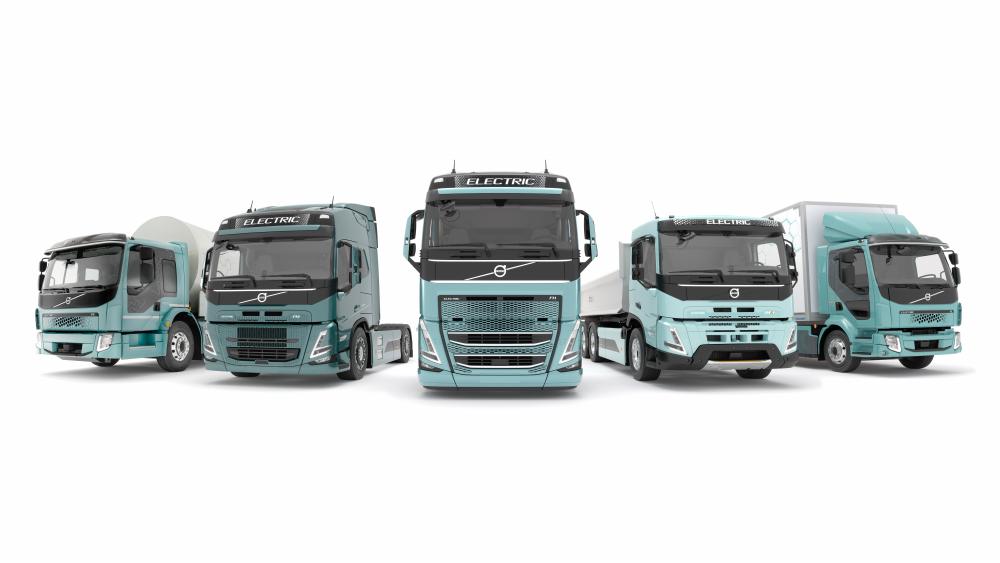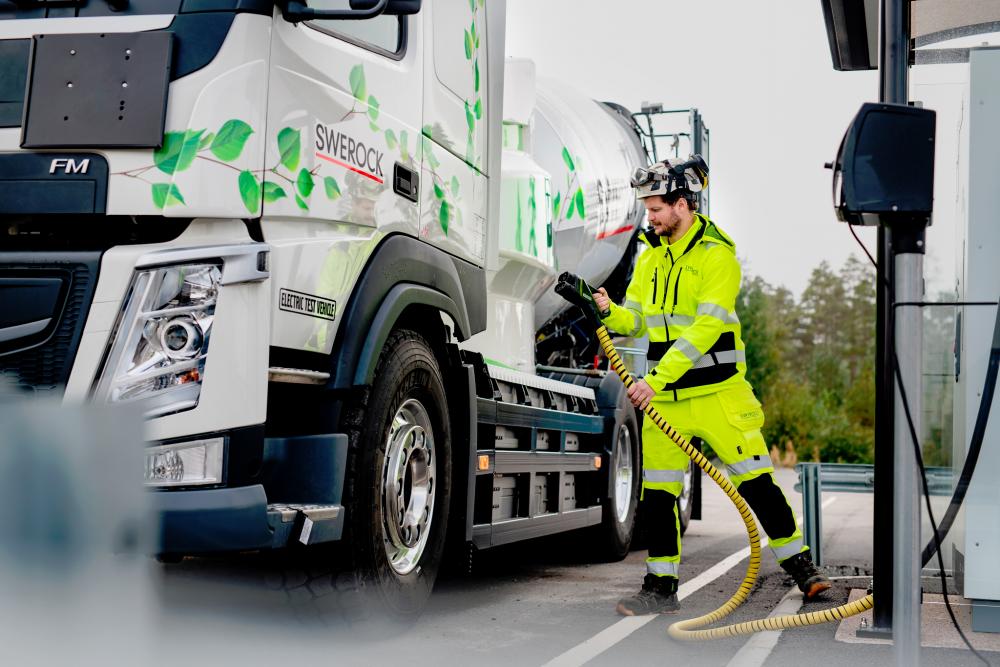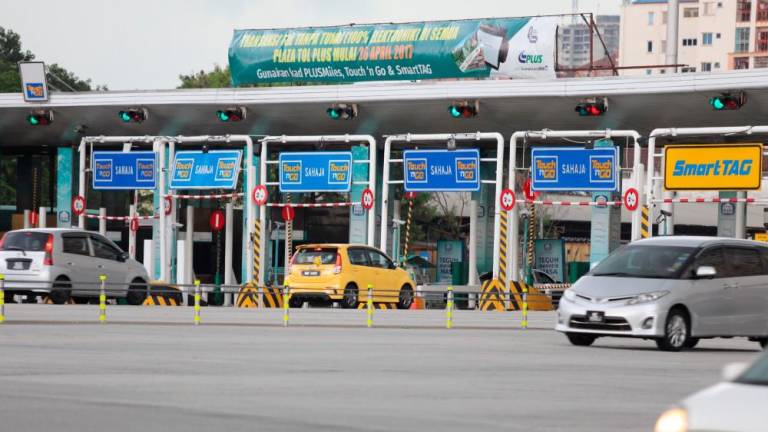NEXT year, hauliers in Europe will be able to order all-electric versions of Volvo's heavy-duty lorries.
This means that Volvo Trucks will offer a complete heavy-duty range with electric drivelines starting in Europe in 2021.
Volvo Trucks' massive drive towards electrification marks a major step forwards on the road to fossil-free transport.
Volvo Trucks is now running tests of the electric heavy-duty Volvo FH, Volvo FM and Volvo FMX lorries, which will be used for regional transport and urban construction operations in Europe.
These lorries will have a gross combination weight of up to 44 tonnes. Depending on the battery configuration the range could be up to 300 km.
Sales will begin next year and volume production will start in 2022. This means that from 2021 onwards Volvo Trucks will sell a complete range of battery-electric lorries in Europe for distribution, refuse, regional transport and urban construction operations.
"By rapidly increasing the number of heavy-duty electric trucks, we want to help our customers and transport buyers to achieve their ambitious sustainability goals. We're determined to continue driving our industry towards a sustainable future," says Volvo Trucks president Roger Alm.
Volvo Trucks started manufacturing the Volvo FL Electric and Volvo FE Electric in 2019. These are the electric lorries intended for city distribution and refuse operations, primarily in Europe.
In North America, sales of the Volvo VNR Electric, a lorry for regional transport, will start on Dec 3 this year.
Gradual transition to fossil fuel-free alternatives
Electric vehicles for demanding and heavy long-haul operations will follow in this decade. These will be battery-electric and fuel cell electric lorries with a longer range.
Volvo Trucks aims to start selling electric lorries powered by hydrogen fuel cells in the second half of this decade. The company’s objective is for its entire product range to be fossil fuel-free by 2040.
"To reduce the impact of transport on the climate, we need to make a swift transition from fossil fuels to alternatives such as electricity. But the conditions for making this shift, and consequently the pace of the transition, vary dramatically across different hauliers and markets, depending on many variables such as financial incentives, access to charging infrastructure and type of transport operations," explains Alm.
For this reason, most transport companies will change over to electric operation in stages. In practice, many of them will have a mixed fleet of lorries powered by different fuels during a transition period.
"Our chassis are designed to be independent of the driveline used. Our customers can choose to buy several Volvo trucks of the same model, with the only difference being that some are electric and others are powered by gas or diesel,” says Alm.
“With regards to product characteristics, such as the driver's environment, reliability and safety, all our vehicles meet the same high standards. Drivers should feel familiar with their vehicles and be able to operate them safely and efficiently regardless of the fuel used."
From Volvo Trucks' perspective, the transition to more sustainable transport is largely about making the shift as smooth as possible for haulage operators, so that they can begin to adjust.
The solutions offered must be fossil fuel-free and allow hauliers to achieve the necessary levels of profitability and productivity.
"Our primary task is to ease the transition to electrified vehicles. We're doing this by offering holistic solutions that include route planning, correctly specified vehicles, charging equipment, financing and services. The long-term security that we and our global network of dealers and service workshops provide our customers with will be more important than ever," says Alm.
*Electric lorries are not available yet in Malaysia.














